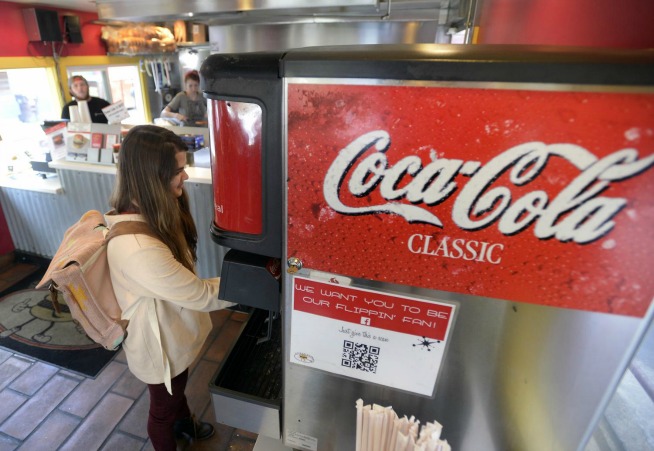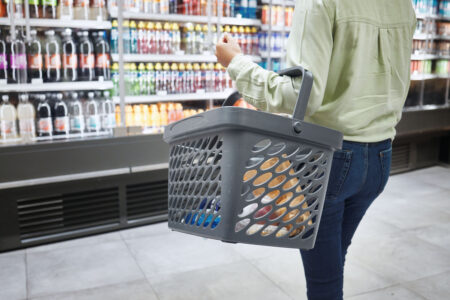
Share On Social!
Unhealthy food and beverage marketing ads are targeted more at Latinos and minorities on TV, social media and more, according to recent research.
The Praxis Project, led by Latino advocate Xavier Morales, and others filed a legal complaint against Coca-Cola and the American Beverage Association for deceptive marketing practices that push sugary drinks to communities of color.
The complaint was filed in federal court in California is confusing the public, and indicates “the world’s largest soft-drink maker and the trade association run ads that tout the energy boost from drinking soda, and disregard scientific findings that sugary beverages can lead to obesity, diabetes, and heart problems,” according to a CBS News report.
Both Coca-Cola and the American Beverage Association called the lawsuit as unfounded and said they are working to lower the public’s sugar consumption, CBS News reports.
The Praxis Project, in collaboration with the Center for Science in the Public Interest, contends that sugary drinks are linked to increased risk of diabetes, heart and liver disease, obesity, and tooth decay. Current trends predict that half of Latino and African-American children will develop Type 2 Diabetes in their lifetimes.
In fact, if an individual drinks a sugary beverage at each meal and for two snacks every day, they could possibly be consuming about 700 unnecessary calories per day which equal at least a pound of weight gain per week.
Sugary drinks are linked through research to be the major source of added sugar in the American diet.
“We are tired of trying to counter the deep pocket advertising that misleads our communities regarding the dangers of regularly consuming sugary drinks,” said Morales, who cited the disproportional impact on Latino and African American communities. “The price our community pays through decreased health, increased diabetes, and amputations is too high.”
Update 2/8/21: The Praxis Project withdrew its legal complaint.
Morales said it’s good news, bad news.
“The good news is that, since we filed our suit, Coca Cola and the American Beverage Association have moved away from claiming that their products have no connection to chronic disease,” Morales said in a statement in. As advocates who have to deal with the human toll resulting from the consumption of sugary drinks, in the face of so much research pointing to the health dangers, we are happy that we have not recently heard beverage industry executives continue to publicly mislead through statements like “there is no scientific evidence that connects sugary beverages to obesity.”
But there remains much more work, Morales said.
He said the beverage industry still must take action to “improve health in our most vulnerable communities,” such as stopping pushing for preemption of local sugary drink taxes and stop targeted marketing to communities of color.
“The beverage industry’s manipulation to protect their sales, especially in communities of color and communities with lower incomes, is killing us,” Morales said in his statement.
National news around sugary drink pricing initiatives by cities to cut consumption and increase revenue for health promotion programs has increased, for instance, Morales, was among those who successfully advocated for the nation’s first sugary drinks tax in Berkeley, Calif. Since, Philadelphia and other jurisdictions passed sugary drinks taxes.
In San Antonio, health advocates recently slammed industry’s defense of sugary drinks as well.
“We cannot continue to over-consume sugar and remain a healthy, fit, and productive nation,” said San Antonio registered nurse Suzanne Lozano. “While there are no magic bullets to achieving ideal health, there are a number of smart and easy steps consumers can take to modify their behavior. Reducing or eliminating sugary drinks from diets would be a great first step.”
By The Numbers
74
percent
of Latino kids have had a sugary drink by age 2 (vs. 45% of white kids)



